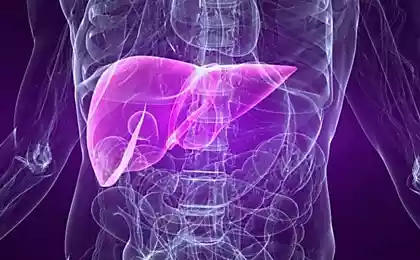581
The importance of inpatient treatment for alcoholism

One of the most effective approaches to combating alcoholism is inpatient treatment for alcoholism. This method involves complete immersion of the patient in a healing environment, which ensures maximum control over the recovery process and provides comprehensive medical and psychological support. Inpatient treatment allows for intensive therapy, including medication, psychotherapy sessions, group therapy and social adaptation programs, in an environment where the patient is isolated from the usual environment and potential triggers for alcohol use.
Process and stages of inpatient treatment for alcoholism
Inpatient treatment for alcoholism begins with the detoxification stage, which is necessary to safely and effectively rid the body of the toxic substances of alcohol. Medically supervised detoxification helps manage and alleviate withdrawal symptoms while ensuring patient comfort and safety. This is followed by the main stage of treatment, which includes complex psychotherapy.
As part of inpatient treatment, patients undergo intensive psychotherapeutic sessions, including individual counseling and group therapy. These sessions focus on identifying the underlying causes of addiction, developing stress management strategies, improving interpersonal skills, and developing a positive self-image. Educating patients on relapse prevention techniques is also important, which includes developing an individual plan of action in the event of a desire to return to drinking alcohol.
Art therapy, music therapy, physical activity, and other complementary methods can be used to improve patients' emotional well-being and stimulate their creativity. All these measures are aimed at restoring mental health, improving physical condition and preparing patients for successful social adaptation after discharge from hospital.
Follow-up support and reintegration after inpatient treatment
After completing an inpatient course of alcoholism treatment, it is critical to provide the patient with adequate follow-up support to strengthen the results achieved and prevent relapse. This phase includes outpatient follow-up, regular appointments with therapists, and attendance at support groups to help strengthen sobriety skills and develop strategies for coping with potential challenges and stresses outside of treatment.
Reintegration into society and restoration of social connections are key aspects of successful adaptation after treatment. Patients are encouraged to restore relationships with family and friends, and to resume professional or educational activities. An important element is also inclusion in social activities and hobbies that help improve the quality of life and the formation of a positive self-identity.
Post-treatment support programs may also include counseling on healthy lifestyles, financial management, professional development and other aspects that can contribute to successful social and professional adjustment. Work with a psychologist or therapist continues to provide psycho-emotional support and assistance in solving emerging difficulties.
Thus, aftercare and reintegration play an important role in ensuring long-term sobriety and a high quality of life for people who have overcome alcohol dependence, and are an integral part of the comprehensive alcoholism treatment process.

When in the USSR began to sell kvass for a spill of large yellow barrels, citizens were crazy about it.
r33tgame.com: Gateway to the world of adventure and fantasy






















